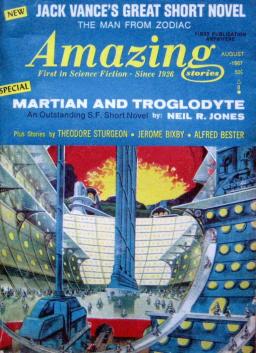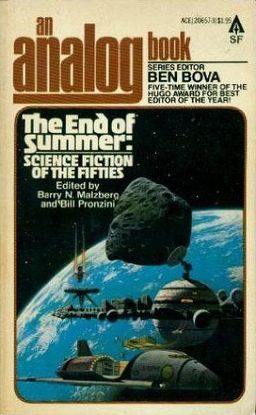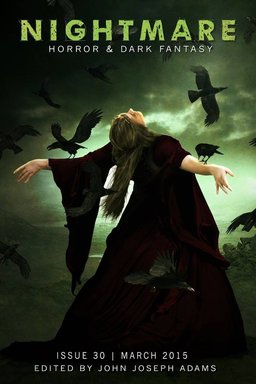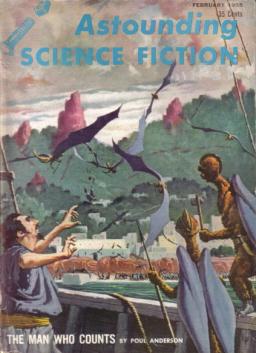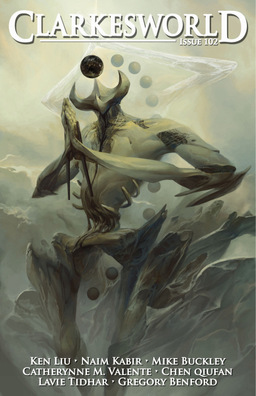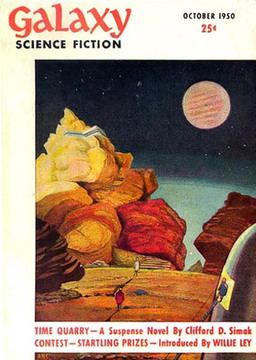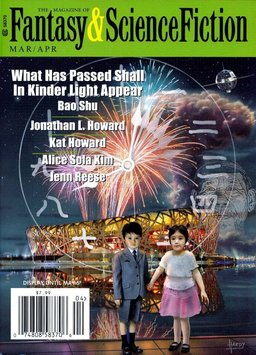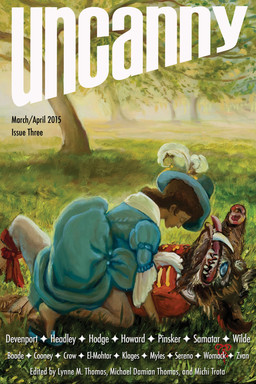Expanding Our Magazine Coverage at Black Gate
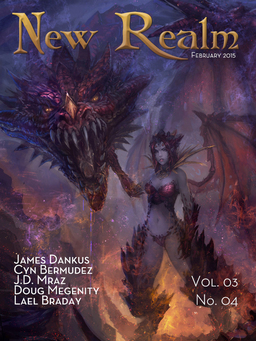 I’ve slowly been expanding our coverage of fantasy magazines here at Black Gate. Despite how dramatically the industry has changed over the decades since I started reading it, I still consider magazines the heart of the field. Our coverage is not nearly as comprehensive as I’d like it to be, but we’re getting there. I thought I’d pause for a moment and take stock of those publications we currently cover, and see if there are any obvious holes. They are:
I’ve slowly been expanding our coverage of fantasy magazines here at Black Gate. Despite how dramatically the industry has changed over the decades since I started reading it, I still consider magazines the heart of the field. Our coverage is not nearly as comprehensive as I’d like it to be, but we’re getting there. I thought I’d pause for a moment and take stock of those publications we currently cover, and see if there are any obvious holes. They are:
Fantasy and Science Fiction, edited by C.C. Finlay
Beneath Ceaseless Skies, edited by Scott H. Andrews
Heroic Fantasy Quarterly, edited by Adrian Simmons, David Farney, William Ledbetter and James Frederick William Rowe
Nightmare, edited by John Joseph Adams
Clarkesworld, edited by Neil Clarke and Sean Wallace
The Dark, edited by Jack Fisher and Sean Wallace
Uncanny, edited by Lynne M. Thomas, Michael Damian Thomas, and Michi Trota
Weirdbook, edited by Douglas Draa
Interzone, edited by Andy Cox
Black Static, edited by Andy Cox
Weird Tales, edited by Marvin Kaye
Swords and Sorcery Magazine, edited by Curtis Ellett
Shimmer, edited by E. Catherine Tobler
Fantasy Scroll, edited by Iulian Ionescu, Frederick Doot, and Alexandra Zamorski
Gygax, edited by Jayson Elliot
Weird Fiction Review, edited by S.T. Joshi
Whew. That’s more than I thought.
